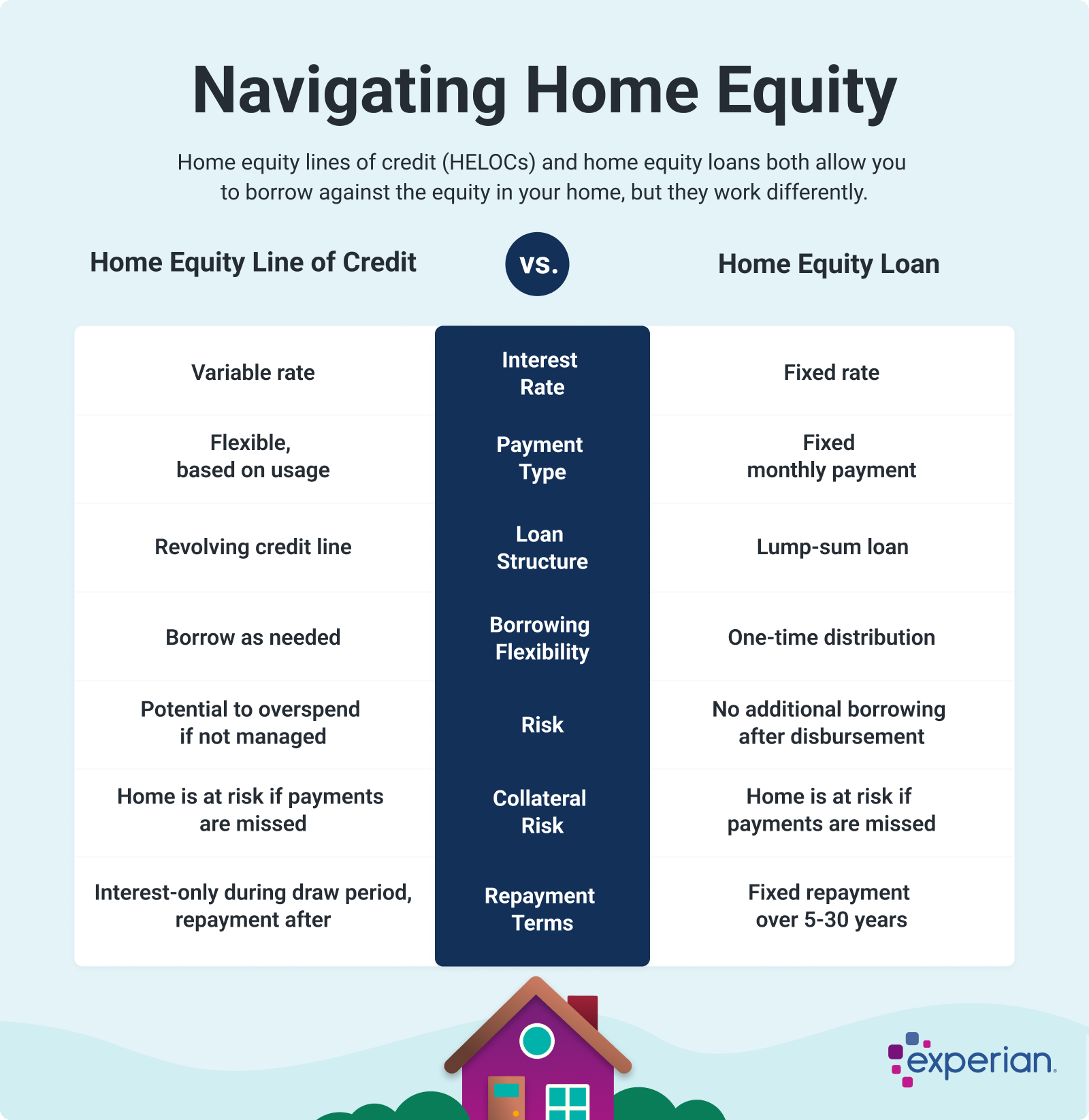Who Can Qualify for Equity Release Mortgages and Why
Who Can Qualify for Equity Release Mortgages and Why
Blog Article
Checking Out the Various Kinds Of Equity Release Mortgages Available Today
Equity Release mortgages present various choices for house owners aged 55 and over. equity release mortgages. These financial items deal with different requirements and preferences, permitting individuals to accessibility funds from their residential property. From lifetime home mortgages to common admiration home mortgages, each type supplies distinctive advantages. Recognizing these alternatives is crucial for making notified choices. What elements should one think about when picking the most ideal equity Release strategy? The information that adhere to may clarify this essential topic
Recognizing Equity Release Mortgages
Equity Release home mortgages give house owners, generally those aged 55 and over, with a way to access the value bound in their residential or commercial property without requiring to market it. This economic alternative permits individuals to convert a part of their home equity right into cash, which can be used for various purposes, such as home enhancements, settling financial obligations, or financing retirement.Equity Release can take different forms, but it basically involves borrowing versus the worth of the home while maintaining ownership. House owners can select to obtain a round figure or a series of smaller sized payments, relying on their monetary needs and preferences.Additionally, the amount offered for Release is influenced by the property's worth, the house owner's age, and certain lender standards. Overall, comprehending equity Release home mortgages is necessary for property owners to make informed choices concerning tapping right into their home's equity while considering the long-lasting implications.
Lifetime Mortgages
Life time mortgages stand for one of one of the most prominent types of equity Release. This financial item allows house owners, normally aged 55 or older, to obtain versus the value of their residential property while retaining ownership. The financing, which is safeguarded against the home, accrues interest over time yet does not call for regular monthly repayments. Rather, the funding and built up rate of interest are paid off when the home owner passes away or moves right into long-term care.Lifetime home loans supply versatility, as consumers can pick to get a lump amount or choose a drawdown center, accessing funds as required. Significantly, many strategies come with a no-negative-equity guarantee, making certain that consumers will never ever owe greater than the value of their home. This feature gives satisfaction, allowing individuals to appreciate their retired life without the concern of depleting their estate. Overall, life time home mortgages work as a practical alternative for those seeking financial backing in later life.
Home Reversion Program

Drawdown Lifetime Mortgages
While several house owners look for means to access their wealth, drawdown life time home loans present a flexible alternative that permits people to Release funds gradually. This kind of equity Release home mortgage allows house owners to borrow versus the value of their residential property while keeping possession. Unlike typical life time home mortgages, drawdown plans permit borrowers to access a section of their equity upfront and take out extra funds as needed, up to a predetermined limit.This feature can be particularly beneficial for those that want to manage their finances meticulously, as it minimizes rate of interest buildup by just charging passion on the quantities drawn. Furthermore, drawdown life time home mortgages frequently feature a "no adverse equity guarantee," ensuring that debtors will never ever owe more than their home's value. This alternative fits retired people that prefer financial security and adaptability, permitting them to meet unexpected expenditures or keep their way of life without having to market their building.
Enhanced Life Time Mortgages
Improved Life time Home loans offer unique advantages for eligible home owners seeking to Release equity from their residential properties. Recognizing the qualification criteria is important, as it establishes that can gain from these specialized lendings. It is also important to evaluate the prospective disadvantages connected with improved choices, making certain an all-round viewpoint on their use.
Eligibility Standards Discussed
Comprehending the qualification requirements for Boosted Lifetime Mortgages is important for prospective candidates looking for to access the equity in their homes. Usually, candidates should be aged 55 or older, as this age demand is common in the equity Release market. Property owners should have a property valued at a minimum limit, which can vary by loan provider. Significantly, the residential property needs to be their key residence and in excellent condition. Lenders typically examine the property owner's wellness condition, as particular wellness conditions may improve eligibility and benefits. Furthermore, applicants need to not have existing considerable debts protected against the building. Meeting these criteria allows individuals to check out Improved Lifetime Home loans as a practical option for accessing funds locked up in their homes.
Benefits of Boosted Home Loans
After clarifying the qualification criteria, it ends up being apparent that Boosted Lifetime Mortgages use a number of significant benefits for house owners wanting to leverage their building equity. Mostly, they supply access to a larger car loan amount compared to basic lifetime mortgages, profiting those with health and wellness problems or age-related factors that increase their life expectations risk. This enhanced borrowing capability enables house owners to fulfill different financial demands, such as home improvements or retired life expenses. Additionally, these mortgages typically include versatile repayment alternatives, making it possible for consumers to handle their finances more efficiently. The no-negative-equity warranty even more assures that homeowners will never ever owe greater than their residential or commercial property's value, giving assurance. In General, Improved Life time Mortgages present a compelling choice for eligible home owners looking for monetary services.
Possible Disadvantages Considered
While Enhanced Lifetime Home loans offer various benefits, prospective disadvantages call for cautious consideration. One substantial issue is the effect on inheritance; the equity released lowers the worth of the estate left to beneficiaries. In addition, these home loans can accrue considerable interest with time, leading to a significant financial obligation that may surpass the initial loan quantity. There may likewise be limitations on home modifications or rental, restricting property owners' adaptability. Additionally, improved products commonly call for specific health and wellness problems, implying not all home owners will certainly certify. Lastly, handling the charges and charges related to these mortgages can be complicated, possibly bring about unexpected costs. Consequently, people need to thoroughly evaluate their situation and consult financial advisors before proceeding.
Shared Recognition Home Loans
Shared Recognition Mortgages stand for an one-of-a-kind economic arrangement that permits homeowners to access equity while sharing future residential property worth boosts Go Here with the loan provider. This method provides potential advantages such as minimized monthly payments, however it additionally comes with drawbacks that must be meticulously considered. Recognizing the eligibility demands is vital for those interested in this alternative.
Idea Introduction
Equity Release home mortgages, particularly in the type of common recognition mortgages, use house owners a distinct financial remedy that enables them to gain access to funds by leveraging the value of their residential or commercial property. In this arrangement, a loan provider gives a financing to the home owner, which is generally settled with a share of the home's future gratitude in value. This implies that when the homeowner markets the home or dies, the lending institution gets a percentage of the raised value, as opposed to simply the preliminary finance amount. Shared appreciation mortgages can be appealing for those aiming to supplement their earnings or finance considerable expenditures while retaining ownership of their home. The economic implications of common admiration should be carefully considered by possible customers.
Drawbacks and advantages
Common admiration mortgages can supply significant economic benefits, they additionally come with remarkable disadvantages that possible debtors need to consider. These mortgages enable home owners to accessibility equity in their properties while sharing a part of any kind of future recognition with the lending institution. This setup can be beneficial during times of rising building values, supplying considerable funds without monthly payments. The main downside is the prospective loss of equity; homeowners may finish up with substantially minimized inheritance for beneficiaries. In addition, the complexity of the terms can bring about misunderstandings relating to repayment commitments and the portion of gratitude owed. It is vital for consumers to weigh these aspects carefully before committing to a common gratitude mortgage.

Qualification Needs
What standards must property owners satisfy to receive a common appreciation home loan? Primarily, candidates should go to least 55 years of ages, ensuring they are within the target market for equity Release items. In addition, the residential property needs to be their primary home and normally valued over a defined minimum threshold, often around ? 100,000. Lenders additionally assess the home owner's financial conditions, including earnings and arrearages, to establish they can take care of the home loan sensibly. Significantly, the residential or commercial property must remain in excellent problem and devoid of substantial lawful encumbrances. House owners should likewise have a clear understanding of the terms, consisting of exactly how appreciation will be shown the loan provider upon sale or transfer of the building, as this influences total returns.
Choosing the Right Equity Release Choice

Frequently Asked Questions
What Age Do I Need to Be for Equity Release?
The age requirement for equity Release usually begins at 55 for most strategies. However, some companies may offer choices for those aged 60 and above, showing differing terms based on individual conditions and loan provider policies.
Will Equity Release Affect My Inheritance?
Equity Release can affect inheritance, check over here as the quantity obtained plus rate of interest decreases the estate's worth. Heirs may receive less than anticipated, depending upon the home's appreciation and the total debt at the time of passing.
Can I Relocate Residence With Equity Release?
The question of relocating residence with equity Release arises regularly. Normally, individuals can transfer their equity Release plan to a new building, yet certain terms and problems may use, needing consultation with the lender for advice.
Are There Fees Linked With Equity Release Mortgages?
Costs linked with equity Release home mortgages can consist of arrangement fees, evaluation fees, and legal prices. Additionally, there might be early payment costs, which can influence the general cost and monetary ramifications for the debtor.
Just How Does Equity Release Effect My Tax Situation?
Equity Release can affect one's tax situation by potentially boosting taxed revenue, as launched funds are considered funding. Nonetheless, it generally does not incur immediate tax obligation liabilities, making it necessary to get in touch with a monetary expert for personalized advice.
Conclusion
In recap, the selection of equity Release mortgages available today supplies property owners aged 55 and over numerous pathways to access their property's worth - equity release mortgages. Whether going with a life time home mortgage, home reversion plan, or other choices, each option provides distinct advantages customized to private financial needs. Careful consideration and appointment with a monetary consultant are important to guarantee the picked equity Release service aligns with financial scenarios and personal goals, inevitably promoting informed decision-making for a safe monetary future. Equity Release home loans present different alternatives for house owners aged 55 and over. Equity Release mortgages offer home owners, go generally those aged 55 and over, with a way to access the value linked up in their residential property without needing to sell it. Enhanced Life time Mortgages use distinctive advantages for qualified homeowners seeking to Release equity from their residential properties. Equity Release home loans, especially in the type of shared gratitude home loans, provide property owners an unique financial service that allows them to gain access to funds by leveraging the worth of their residential property. In summary, the range of equity Release home mortgages readily available today supplies house owners aged 55 and over multiple paths to access their building's worth
Report this page